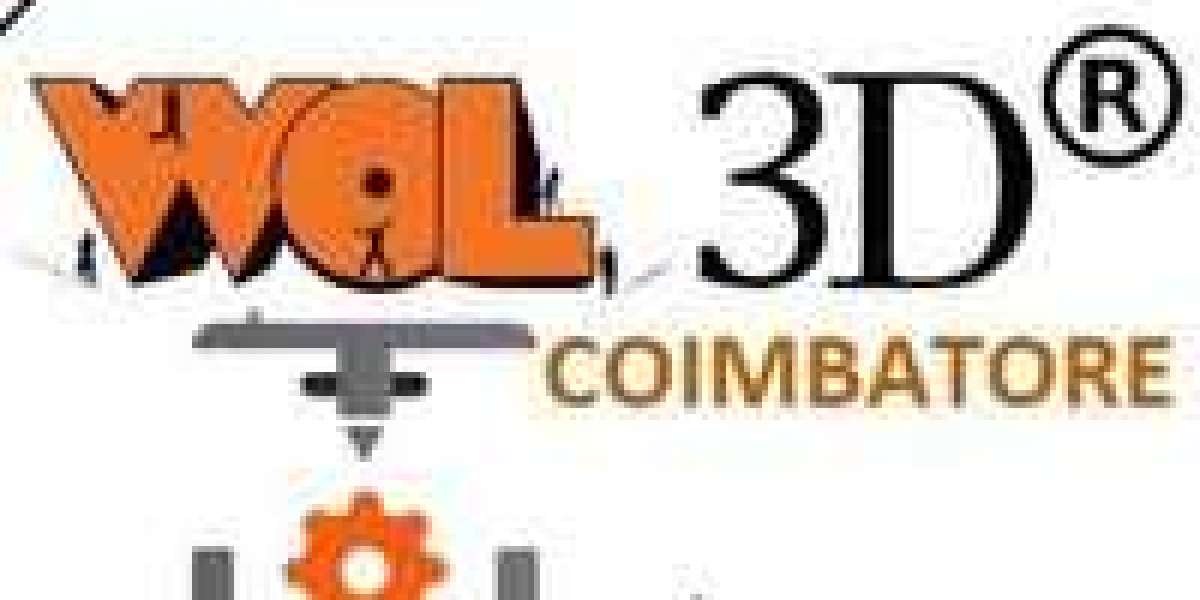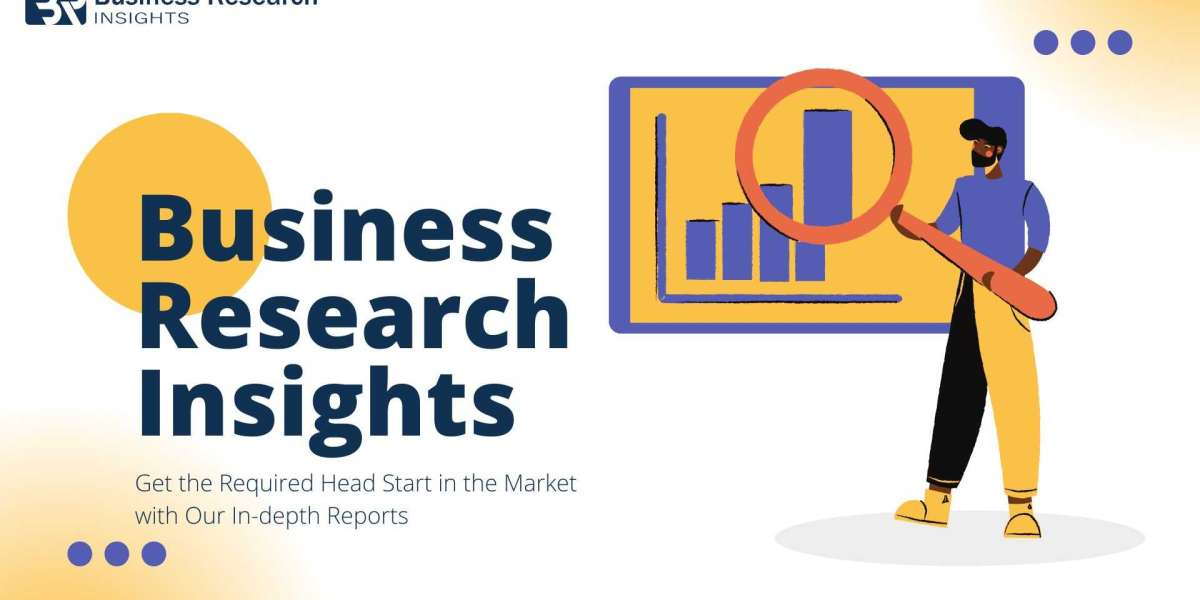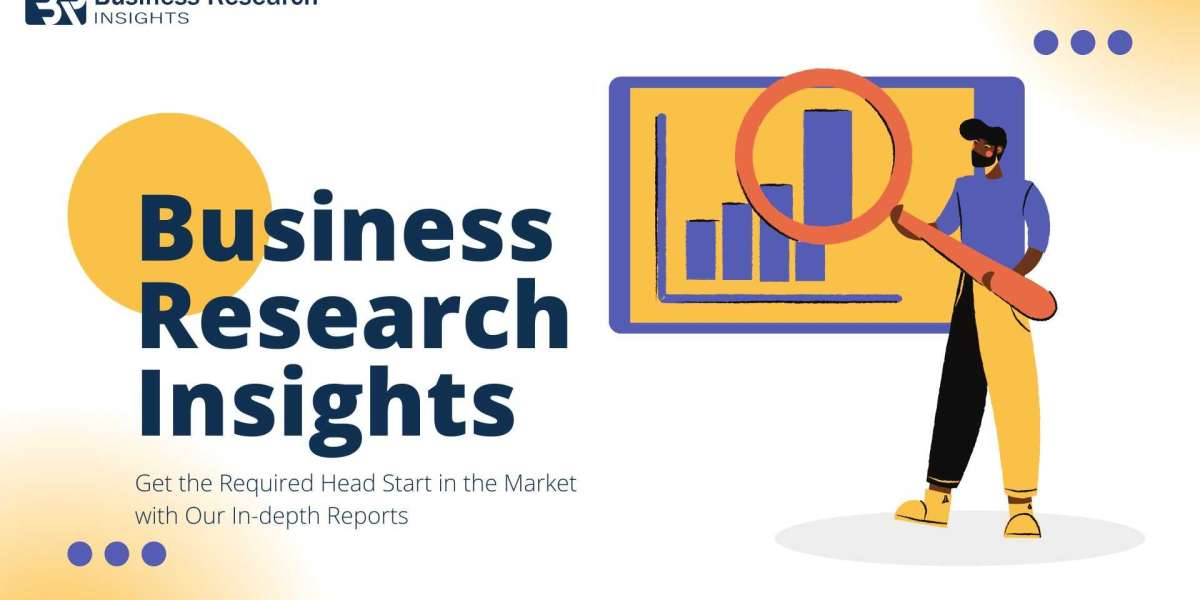Medical credentialing is a crucial process that ensures healthcare providers are qualified, competent, and capable of delivering high-quality care. The traditional methods of credentialing, however, have been time-consuming, cumbersome, and prone to errors. Fortunately, advancements in technology are revolutionizing medical credentialing services, making the process more efficient, accurate, and streamlined. This blog will explore the various technologies that are transforming medical credentialing services.
The Evolution of Medical Credentialing
Traditional Credentialing Methods
Traditional medical credentialing services involved a labor-intensive process where credentialing specialists manually collected, verified, and reviewed documents. This included contacting educational institutions, previous employers, and licensing boards, which often led to delays and increased administrative burdens.
The Need for Technological Advancements
With the increasing complexity of healthcare systems and the growing number of healthcare providers, there was a pressing need for more efficient credentialing processes. Technological advancements have stepped in to address these challenges, bringing about significant improvements in the field of medical credentialing services.
Key Technologies Revolutionizing Medical Credentialing Services

Electronic Health Records (EHR) Integration
EHR systems have become integral to modern healthcare, providing comprehensive digital records of patients' medical histories. When integrated with credentialing systems, EHRs can significantly enhance the efficiency and accuracy of credentialing processes.
Benefits of EHR Integration
Automated Data Collection: EHRs can automatically collect and update information about healthcare providers, reducing the need for manual data entry.
Real-time Updates: Any changes in a provider's credentials, such as new certifications or disciplinary actions, can be instantly updated in the system.
Enhanced Verification: EHRs provide a reliable source of information for verifying a provider's credentials, ensuring accuracy and consistency.
Blockchain Technology
Blockchain technology, known for its security and transparency, is making waves in various industries, including healthcare. It offers a decentralized and immutable ledger system that can revolutionize medical credentialing services.
How Blockchain Enhances Credentialing
Tamper-proof Records: Blockchain ensures that credentialing records are tamper-proof and cannot be altered once they are recorded, enhancing the integrity of the data.
Decentralized Verification: Credentialing information can be stored in a decentralized manner, allowing multiple stakeholders to verify the credentials without relying on a central authority.
Enhanced Security: Blockchain's cryptographic features ensure that credentialing data is secure and protected from unauthorized access.
Artificial Intelligence (AI) and Machine Learning

AI and machine learning technologies are transforming various aspects of healthcare, including medical credentialing services. These technologies can automate and optimize the credentialing process, making it faster and more accurate.
Automated Document Processing: AI can automatically extract and process information from documents, reducing the need for manual data entry.
Predictive Analytics: Machine learning algorithms can analyze credentialing data to predict potential issues, such as expired certifications or discrepancies, allowing for proactive management.
Enhanced Verification: AI-powered systems can cross-reference credentialing information with multiple data sources to ensure accuracy and identify inconsistencies.
Cloud-based Credentialing Solutions
Cloud computing has revolutionized many industries by providing scalable and flexible solutions. In medical credentialing services, cloud-based systems offer numerous advantages over traditional on-premises systems.
Benefits of Cloud-based Credentialing
Scalability: Cloud-based systems can easily scale to accommodate the growing number of healthcare providers and credentialing data.
Accessibility: Credentialing information can be accessed from anywhere, allowing for remote collaboration and efficient data sharing.
Cost-effectiveness: Cloud-based solutions reduce the need for costly on-premises infrastructure and maintenance.
Digital Credentialing Platforms

Digital credentialing platforms provide a centralized and standardized system for managing and verifying credentials. These platforms leverage various technologies to streamline the credentialing process.
Key Features of Digital Credentialing Platforms
Automated Workflows: Digital platforms automate various steps in the credentialing process, such as data collection, verification, and approval.
Real-time Tracking: Credentialing platforms provide real-time tracking of the credentialing status, allowing stakeholders to monitor progress and address issues promptly.
Integration Capabilities: These platforms can integrate with other healthcare systems, such as EHRs and practice management systems, to ensure seamless data exchange.
The Impact of Technology on Medical Credentialing Services
Improved Efficiency and Accuracy
Technological advancements have significantly improved the efficiency and accuracy of medical credentialing services. Automated processes reduce the risk of human error, ensuring that credentialing information is accurate and up-to-date.
Enhanced Provider and Patient Safety
By ensuring that healthcare providers are properly credentialed and qualified, these technologies enhance both provider and patient safety. Patients can trust that their healthcare providers have the necessary qualifications and competencies to deliver high-quality care.
Cost and Time Savings
Automation and digitization of credentialing processes result in significant cost and time savings for healthcare organizations. By reducing administrative burdens, healthcare providers can focus more on patient care rather than paperwork.
Increased Compliance
Technological solutions ensure that medical billing companies in US remain compliant with regulatory requirements and industry standards. Real-time updates and automated alerts help organizations stay on top of credentialing deadlines and requirements.
Future Trends in Medical Credentialing Technologies

Telemedicine and Remote Credentialing
The rise of telemedicine has brought about the need for remote credentialing solutions. Technologies that enable remote verification and credentialing will continue to evolve, ensuring that telemedicine providers are properly credentialed.
Interoperability and Data Sharing
Future trends will focus on improving interoperability and data sharing between different healthcare systems. Seamless data exchange will further streamline the credentialing process and enhance the accuracy of credentialing information.
Enhanced Security Measures
As cyber threats continue to evolve, enhanced security measures will be crucial in protecting credentialing data. Technologies such as blockchain and advanced encryption will play a key role in ensuring the security and integrity of credentialing information.
AI-driven Predictive Analytics
The use of AI-driven predictive analytics will become more prevalent in medical credentialing services. These tools will provide deeper insights into credentialing data, enabling proactive management and decision-making.
The Importance of Medical Billing Services in New York

Medical billing services in New York play a critical role in the healthcare industry, ensuring that healthcare providers receive timely and accurate payments for their services. These services handle the complex process of submitting and following up on insurance claims, thereby reducing administrative burdens on medical practices and allowing them to focus on patient care. With the ever-changing landscape of healthcare regulations and insurance requirements, medical billing services in New York provide essential expertise and support to navigate these complexities. By optimizing revenue cycles, minimizing claim denials, and improving cash flow, these services contribute significantly to the financial stability and efficiency of healthcare providers across the state.
Conclusion
The integration of advanced technologies in medical credentialing services is revolutionizing the healthcare industry. Electronic Health Records, blockchain technology, AI and machine learning, cloud-based solutions, and digital credentialing platforms are transforming how credentialing is conducted. These technologies enhance efficiency, accuracy, and security, ultimately ensuring that healthcare providers are properly credentialed and qualified. As technology continues to evolve, the future of medical credentialing looks promising, with even more innovative solutions on the horizon. Embracing these advancements will be key to improving healthcare quality and patient safety in the years to come.






